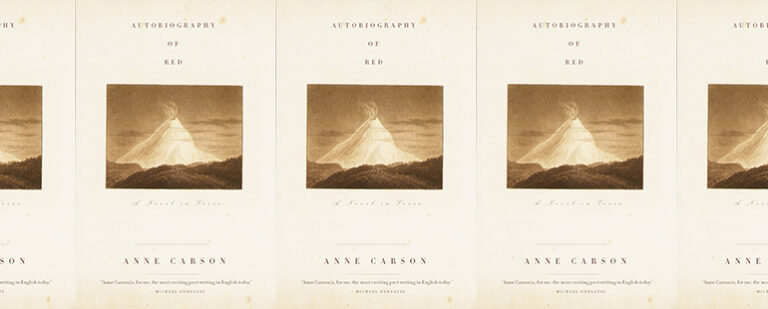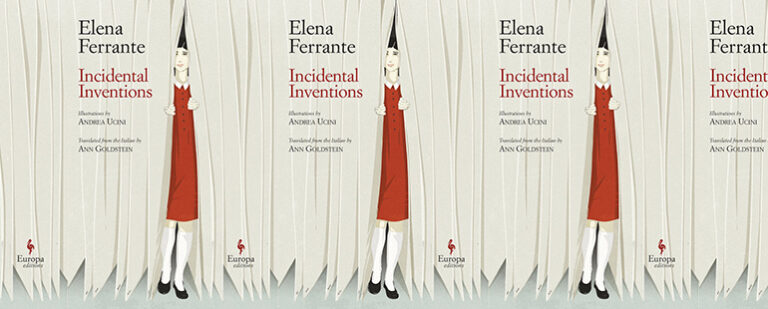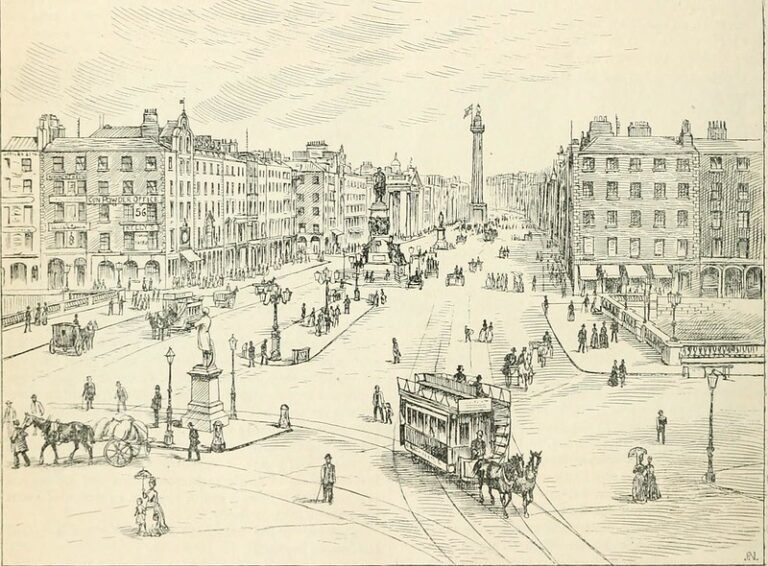Shifting Perspective in Anne Carson’s Autobiography of Red
Carson’s novel is driven by unlatching being: her protagonist’s narration progresses from the self-absorption of childhood through adolescence and into the comparative wisdom of young adulthood. Carson shows this journey primarily through changes in the way that the outside world, and those who live in it, are observed.








